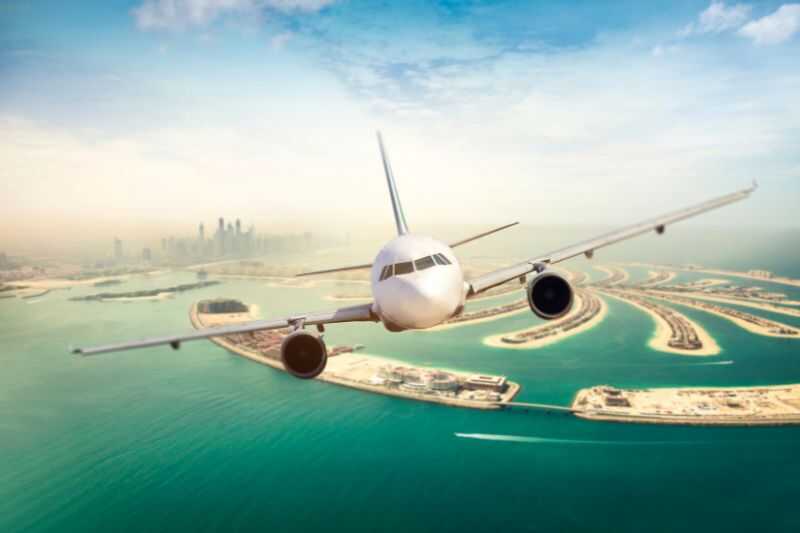Question
Some people believe that air travel should be restricted because it causes serious pollution and uses up the world’s fuel resources. To what extent do you agree or disagree?Model Answer
As a major contributor to carbon emissions, the aviation industry is an appropriate target for environmental legislation. Restricting the number of flights taken each year would reduce not only pollution but the demand for carbon-based fuels. We must be careful though to ensure that any restrictions do not make air travel unaffordable.
A common proposal to restrict air travel is to impose a levy on ticket prices. Higher prices would discourage people from flying; individuals would look for alternative forms of transport or cancel their trips. The money raised could then be used to fund environmental projects. The drawback to this proposal is that it might prevent poorer people from travelling.
Research has shown that most air travel is the result of a small number of travellers making very frequent journeys. Any restrictions that are imposed should take this into account. A flat levy on ticket prices would disproportionately penalise relatively infrequent travellers, so a fairer solution would be to allow travellers to make two tax-free trips a year. Any subsequent flights could be subject to taxes aimed at discouraging air travel.
Advances in technology may make restrictions on air travel unnecessary. In the past ten years the aviation industry has made progress in making planes more fuel efficient. Government subsidies could help continue this trend until aircraft are hybrid vehicles, similar to many of today's road vehicles.
In conclusion, restrictions on air travel are part of the solution to the problem of limited resources and carbon emissions. However, any changes that are made should be fair and accompanied by increased investment in energy technology.
(268 words)
